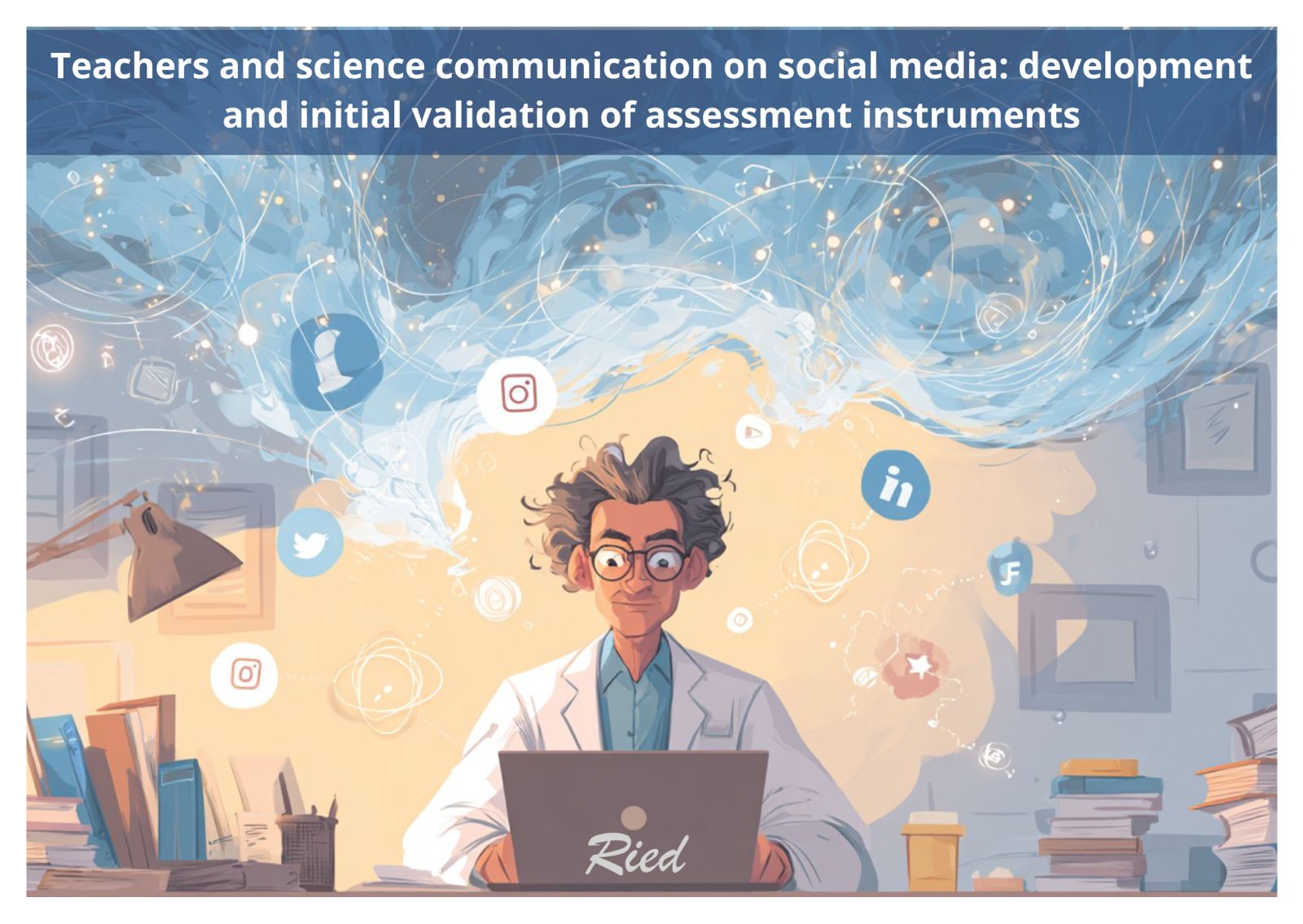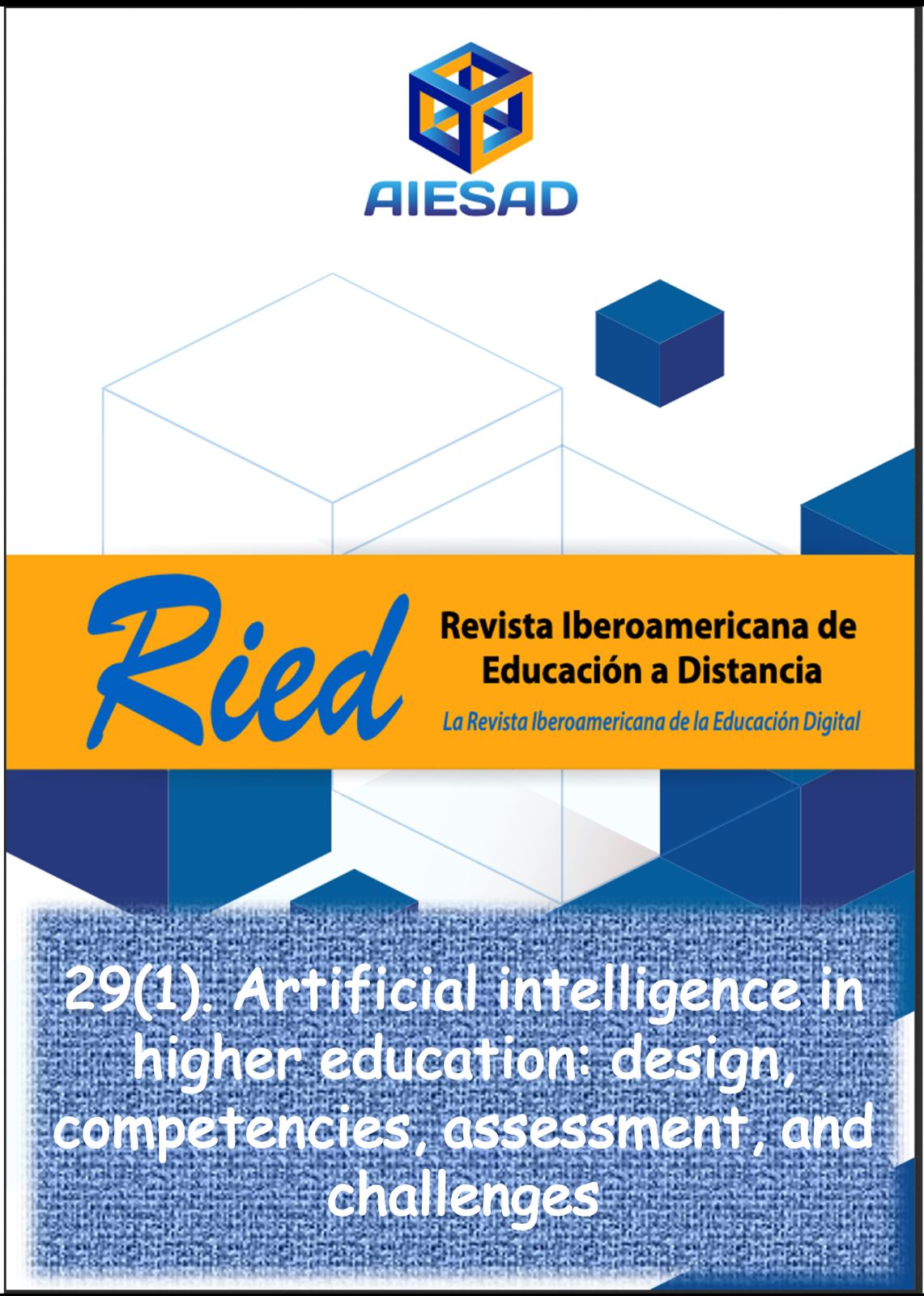La irrupción de la Inteligencia Artificial Generativa (IAG), y en particular de los Modelos de Lenguaje de gran tamaño (LLMs) como ChatGPT, está transformando el ámbito educativo, especialmente en la enseñanza de lenguas extranjeras.
Este artículo analiza el potencial de estas tecnologías para automatizar la evaluación de la competencia escrita en español como lengua extranjera (ELE), una tarea especialmente laboriosa al inicio de los cursos universitarios dirigidos a estudiantes Erasmus.
La metodología se basa en tres experimentos con el Corpus de Aprendices de Español del Instituto Cervantes. En el primero, se utilizó la técnica de zero-shot learning, proporcionando al modelo un prompt con los descriptores del Plan Curricular del Instituto Cervantes. En el segundo y tercer experimentos, se ajustó el modelo mediante fine-tuning con el 90 % y el 80 % del corpus, respectivamente, reservando el resto para validación y prueba.
Los resultados muestran que los modelos ajustados son capaces de identificar el nivel de competencia escrita con una precisión significativamente superior al enfoque sin entrenamiento previo.
Estos hallazgos evidencian que los LLMs pueden emplearse para agilizar procesos de evaluación inicial en cursos de ELE, reduciendo la carga docente y mejorando la eficiencia.
Se concluye que la IAG representa una herramienta complementaria valiosa en contextos educativos multiculturales y multilingües, siempre que su uso esté guiado por criterios pedagógicos sólidos.
---
Cómo citar: Cantero Romero, M.-V., Martín-Valdivia, M.-T., Ortiz-Colón, A. M., & Jiménez-Zafra, S. M. (2026). Medición de la habilidad escrita en español como lengua extranjera con inteligencia artificial generativa. RIED-Revista Iberoamericana de Educación a Distancia, 29(1), 353–379. https://doi.org/10.5944/ried.45486


























